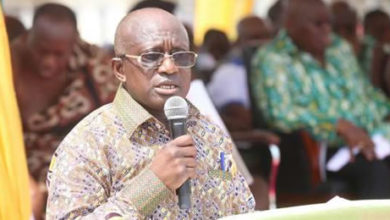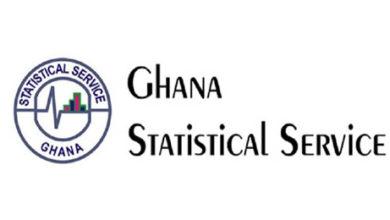Ghana’s economic outlook improving but with significant uncertainty – IMF

Despite Ghana’s gradual recovery from the COVID-19 shocks, the economy is still facing some significant uncertainty, including new pandemic waves and risks associated with large financing needs and increasing public debt.
This is according to the concluding statement of the International Monetary Fund’s Executive Board following the end of Article IV Consultation with Ghana.
According to the IMF, its assessment is based on the new COVID-19 wave, rising debt stock and large financing needs of government.
“Ghana was hit hard by the COVID-19 pandemic. The government response helped contain the pandemic and support the economy, but at the cost of a record fiscal deficit. The economic outlook is improving, even though risks remain, including from the evolution of the pandemic and rising debt vulnerabilities”, IMF Executive Board Article IV Consultation with Ghana stated.
On the subject of debt, the Bretton Woods institution noted that while risk to the country’s capacity to repay its debt has increased, it is believed that they are still manageable and that Ghana’s capacity to repay the fund remains adequate.
The Directors welcomed the fiscal adjustment envisaged in the 2021 budget.
They, however, stressed that fiscal consolidation is needed to address debt sustainability and rollover risks, as Ghana continues to be classified at high risk of debt distress.
“An economic recovery is underway. Growth is expected to rebound to 4.7% in 2021, supported by a strong cocoa season and mining and services activity, and inflation remaining within the Bank of Ghana target. The current account deficit is projected to improve to 2.2% of Gross Domestic Product, supported by a pickup in oil prices, and gross international reserves are expected to remain stable.”
“The 2021 budget envisages a fiscal deficit of 13.9% of GDP in 2021, including energy and financial sector costs, and a gradual medium-term fiscal adjustment which would support a decline in public debt starting in 2024. However, this outlook is subject to significant uncertainty, including from new pandemic waves and risks associated with large financing needs and increasing public debt”, the statement added.
While commending the Ghanaian authorities for their proactive response to the COVID-19 pandemic, which mitigated its economic impact, the directors noted that while there are encouraging signs of an economic recovery, it remains uneven across sectors.
According to the directors of the IMF, it is important for authorities to limit monetary financing of the country’s deficit.
They noted that the financial sector clean-up had made the sector more resilient, but stressed that banks’ growing holdings of sovereign debt creates risks and crowds out private sector credit.
The Directors finally emphasized that the authorities’ structural transformation and digitalization agendas are critical to support the recovery.
They noted that the structural transformation can be complemented by the ongoing energy sector review, diversification in tourism, and the digital transition, which has the potential to reduce corruption, boost tax revenues, and improve service delivery.





